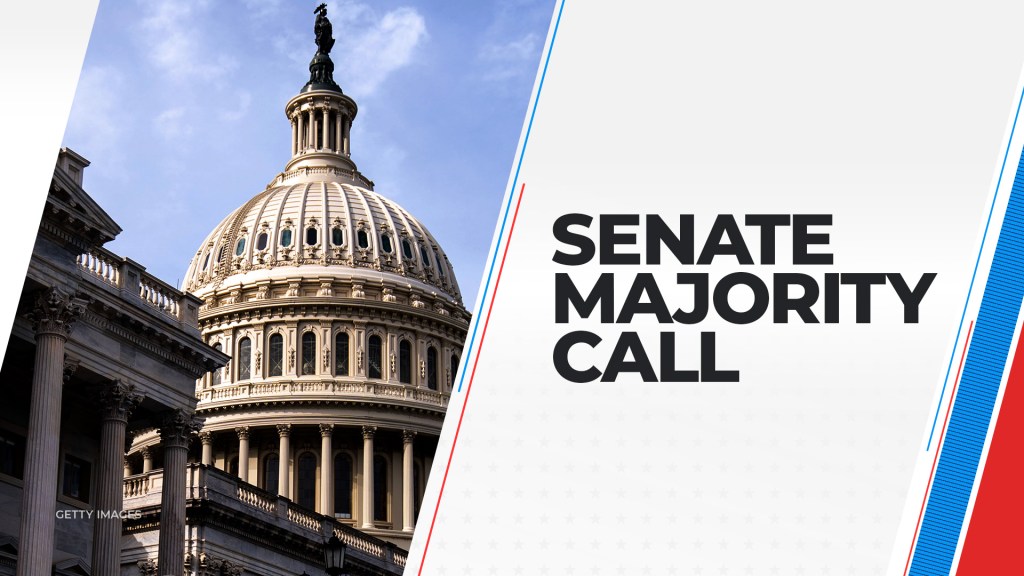Democrats will maintain their majority in the U.S. Senate. Although it’s too soon to know the exact balance of power, they will hold at least the 50 seats they need to control the chamber with Vice President Kamala Harris acting as the tie-breaking vote. With the Georgia Senate race set for a Dec. 6 runoff, Democrats could hold a 51-49 majority, should incumbent Democratic Sen. Raphael Warnock successfully fend off a challenge from Republican candidate Herschel Walker.
What is clear is that neither side had a chance to get a veto-proof majority heading into Election Day. Even if one of the parties had won every toss-up, they would still be at about 55 members, short of the 60 needed to overcome a filibuster.
The Senate majority is important for reasons similar to a House majority: control of committees, control over which bills receive a vote and more power to conduct investigations.
But in the current political climate, the Senate’s most important duty is confirming judicial nominees. As of September, the Democratic majority, with the help of Senate Judiciary Committee Chairman Dick Durbin, D-Ill., and Majority Leader Chuck Schumer, D-N.Y., have been able to shepherd through 76 of President Joe Biden’s nominees to lifetime appointments on the federal bench. That includes a Supreme Court nominee, 18 circuit court nominees, and 57 for the district court. In addition, they were able to confirm now Justice Ketanji Brown Jackson to the Supreme Court.
It’s unclear how a Republican majority would handle another opening on the high court, but it’s clear President Biden would need to nominate someone more ideologically in the center to have a chance at a confirmation.
The Senate is also in charge of approving presidential appointments. While a Cabinet shake-up is not expected, if the president needed to replace a high-ranking official he would need the “advice and consent” of the Senate first.
